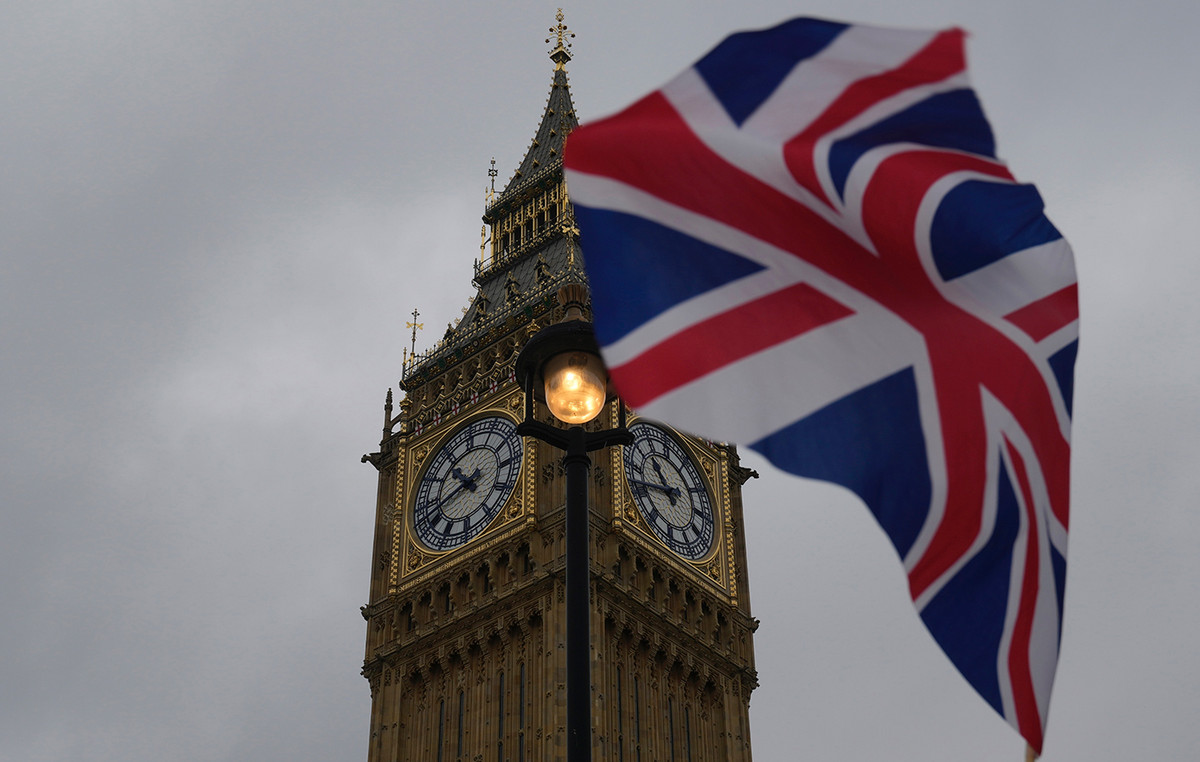A cup of coffee or tea in the morning can help reduce the risk of stroke and dementia, according to a new study.
Among more than 360,000 participants in a study conducted over a period of 10 to 14 years, those who drank two to three cups of coffee and three to five cups of tea had a lower risk of stroke and dementia.
A reduction in the risk of developing these conditions was also observed in people who consumed a combined four to six cups of coffee or tea a day. The results were released by researchers at Tianjin Medical University in China.
Study results
“Our findings suggested that moderate consumption of coffee and tea alone or in combination was associated with a lower risk of stroke and dementia,” the study authors said in a statement.
Worldwide, 10% of deaths are caused by stroke, according to a 2017 study published by The Lancet. Dementia refers to a general decline in brain function, but it can appear after a stroke.
Drinking coffee or tea separately was also associated with a lower risk of both conditions, but people who drank two to three cups of coffee and two to three cups of tea a day (four to six cups in total) performed better , with a 28% reduction in the risk of dementia and a 32% lower risk of stroke than non-drinkers, according to the study.
Participant chart information came from the UK Biobank, an anonymous database of health information from around half a million UK volunteers collected between 2006 and 2020. The study looked at participants aged 50 to 74 who reported your coffee and tea consumption.
Over the study period, 5,079 participants developed dementia and 10,053 suffered at least one stroke, according to the study, which was published in the scientific journal PLOS Medicine.
Data limitations
Many studies suggest that coffee and tea consumption is associated with health benefits, but it is important to note that researchers could only say that the beverages were related to health benefits, but not that they directly protect against these conditions.
There are limitations to the accuracy of the data because participants reported their own tea and coffee consumption, and their estimates may be influenced by their own bias, said, via email, Lee H. Schwamm, MD and Chair of the Association’s Advisory Committee American of Cardiovascular Accidents and president of vascular neurology at Massachusetts General Hospital.
“We can’t blame the cause and say ‘drinking more coffee or tea is good for the brain.’ What we can only say is that, in this study, people who reported moderate consumption of coffee or tea were less likely to have a stroke or dementia over a 10-year follow-up,” Schwamm said.
Is it time to start drinking coffee?
Other research has already suggested that coffee may be beneficial for brain health.
A 2021 study using the UK Biobank showed that, for people without a diagnosis of heart disease, regular coffee consumption of half to three cups a day was associated with a lower risk of death from heart disease, stroke and premature death from any cause compared to non-coffee drinkers.
Several studies have also shown that three cups of coffee a day can reduce the risk of Alzheimer’s disease.
Caffeinated coffee can help the brain in a number of ways, by increasing production of the granulocyte colony-stimulating factor called G-CSF, which helps protect and repair neuronal cells in the brain, according to the Alzheimer’s Society of the United Kingdom.
Neither decaffeinated coffee nor caffeine alone helped in this regard, “suggesting that there may be a combination effect between caffeine and an unknown compound in coffee,” the institution said.
How many cups of coffee a day?
But exaggeration can have the opposite effect. People who drink more than six cups a day are at increased risk of dementia and lower total brain volumes, according to a study published in June in the journal Nutritional Neuroscience.
The results of the most recent study may point to some benefits of drinking coffee and tea, but that doesn’t necessarily mean that everyone should start drinking more drinks throughout the day.
“One caveat: one man’s cappuccino is another man’s espresso,” Schwamm said. “Not all coffee drinks contain the same amount of caffeine and people calculate the value of a cup of coffee or tea differently, so we should keep in mind that most things are best consumed in moderation.”
If you’ve avoided caffeinated drinks in the past, there could be a good reason and there’s still no evidence that there’s a benefit to starting coffee or tea, he added. For most things, moderation is the best approach, Schwamm said.
“Enjoy your coffee in the morning and don’t forgo extra cups throughout the day if you like”, he concluded.
(Translated text. Read the original here.)
Reference: CNN Brasil







